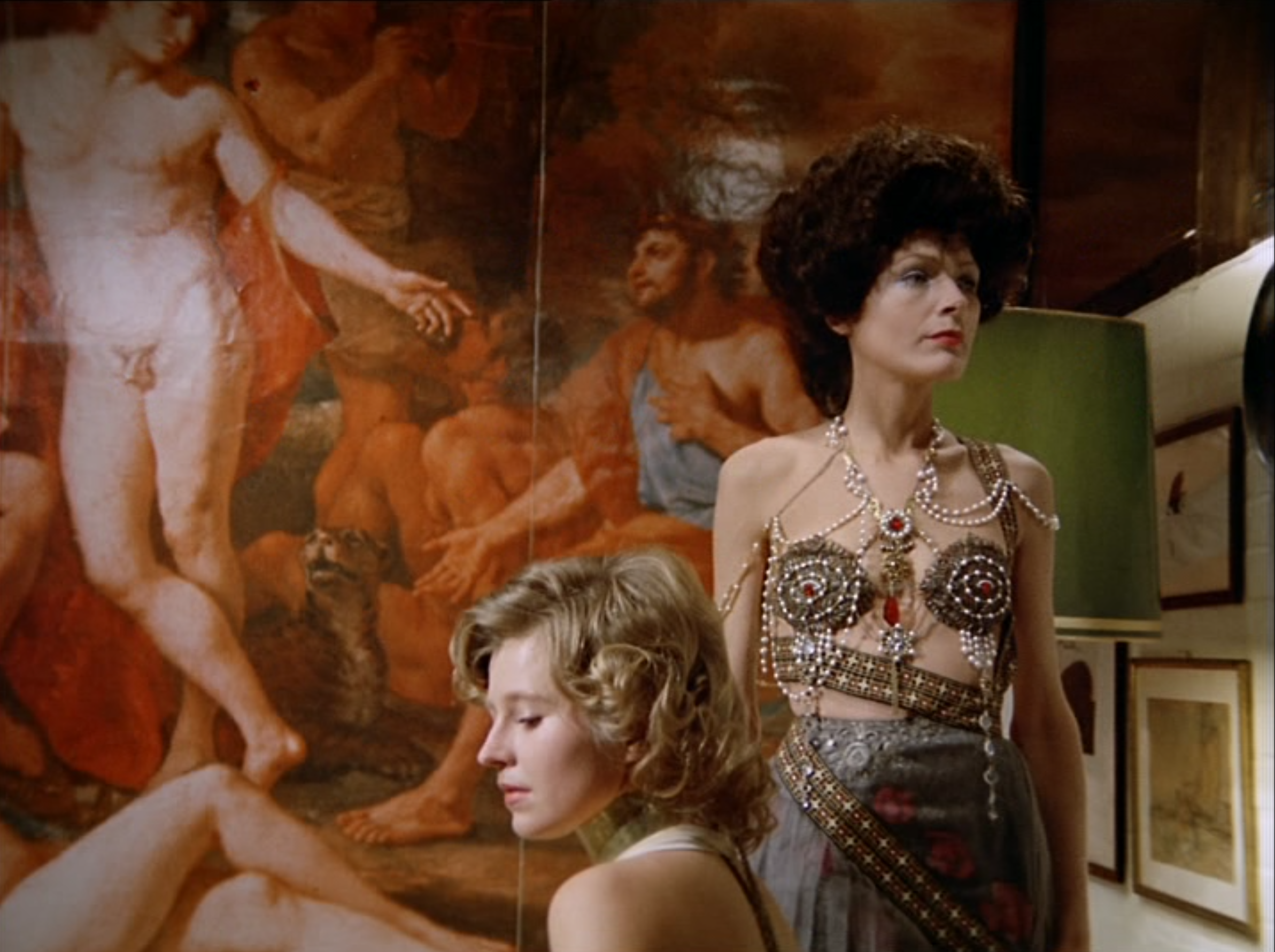KallioWeHardlyKnewYe
Hey! We won!
- May 30, 2003
- 15,828
- 3,927
Rashomon
Kurosawa (1950)
“They can’t tell the truth, even to themselves.”
While three men wait out a rainstorm, one shares a tale of finding a dead man in the woods and a subsequent trial about who killed the man and why. What is the truth?
I wish I had something profound or insightful to add to not just the discussion here, but in general. Alas, I do not. It’s a great film and it more than stands the test of time. It’s a brilliant nested structure that still works every time I watch it — a story about people telling a story about people telling a story about something that happened. It expertly juggles multiple timelines and multiple point-of-views.
Significant not just for its art, but for its impact. Quite possibly one of the most consequential foreign films in history (at least through American/Western eyes). It remains a shorthand for conflicting perspectives and unreliable narrators to this day. Very few films can claim such as status.
One thing that stood out to me on this rewatch is Kurosawa’s shot composition. It’s not like I hadn’t noticed it or thought about it before, but so much of the Rashomon story is about its story and construction. He underlines all that expertly with shots that tier characters across the foreground and background. It’s a helpful visual timepiece as well to know where we are in the story telling.
Though I have to admit what @kihei said never occurred to me and has me intrigued about yet another rewatch. A few reviews back (Roger Rabbit I believe) I was blabbering about movies that comment or tweak a genre while also being a good representative of a genre. Perhaps Rashomon fits that bill as well — a film that functions both as social commentary of the time and a send-up of the same?
Kurosawa (1950)
“They can’t tell the truth, even to themselves.”
While three men wait out a rainstorm, one shares a tale of finding a dead man in the woods and a subsequent trial about who killed the man and why. What is the truth?
I wish I had something profound or insightful to add to not just the discussion here, but in general. Alas, I do not. It’s a great film and it more than stands the test of time. It’s a brilliant nested structure that still works every time I watch it — a story about people telling a story about people telling a story about something that happened. It expertly juggles multiple timelines and multiple point-of-views.
Significant not just for its art, but for its impact. Quite possibly one of the most consequential foreign films in history (at least through American/Western eyes). It remains a shorthand for conflicting perspectives and unreliable narrators to this day. Very few films can claim such as status.
One thing that stood out to me on this rewatch is Kurosawa’s shot composition. It’s not like I hadn’t noticed it or thought about it before, but so much of the Rashomon story is about its story and construction. He underlines all that expertly with shots that tier characters across the foreground and background. It’s a helpful visual timepiece as well to know where we are in the story telling.
Though I have to admit what @kihei said never occurred to me and has me intrigued about yet another rewatch. A few reviews back (Roger Rabbit I believe) I was blabbering about movies that comment or tweak a genre while also being a good representative of a genre. Perhaps Rashomon fits that bill as well — a film that functions both as social commentary of the time and a send-up of the same?




